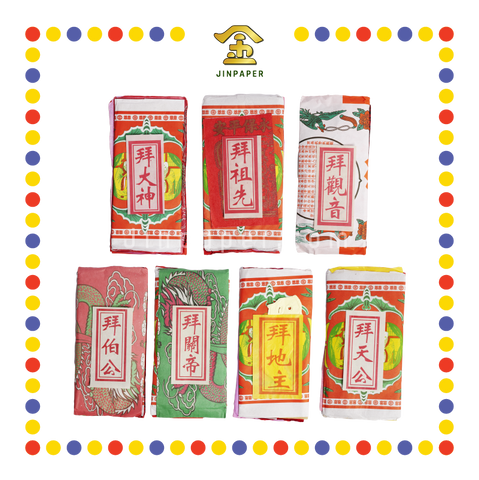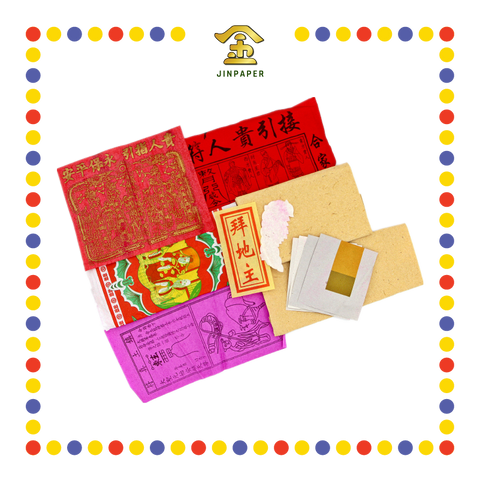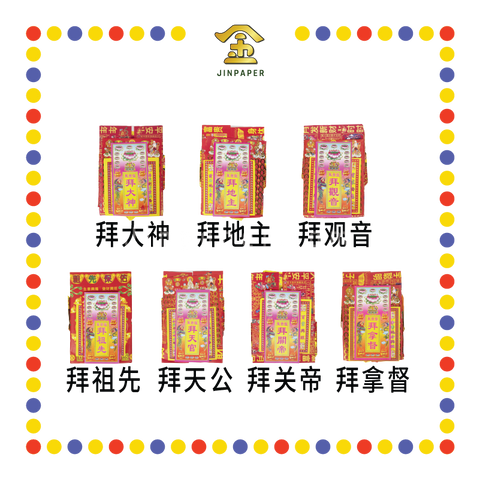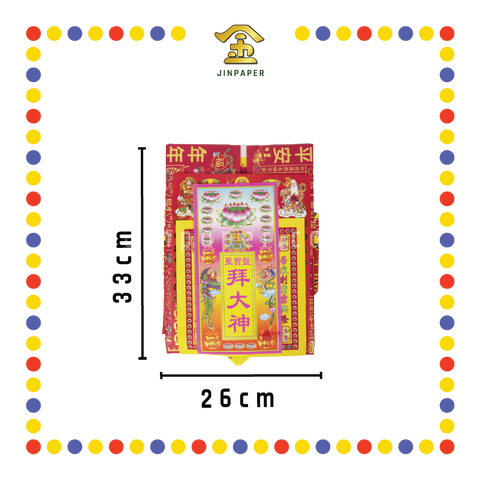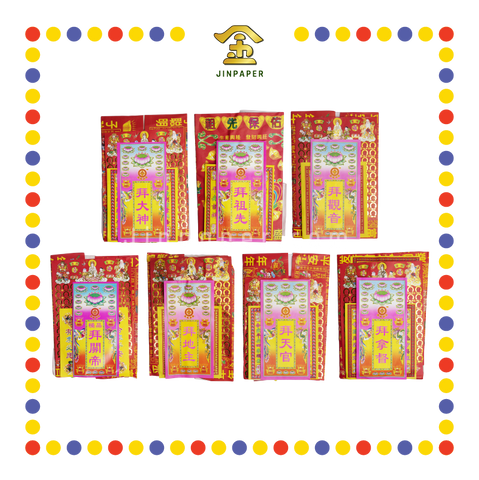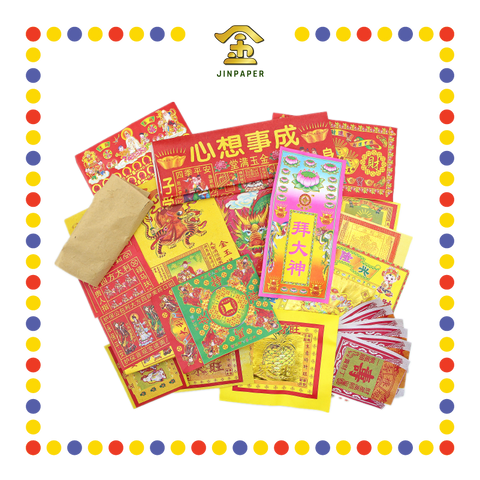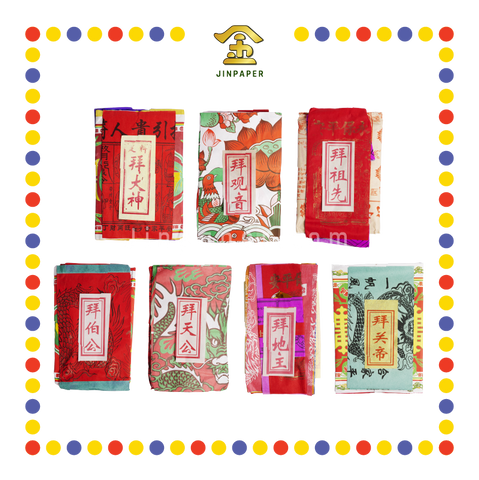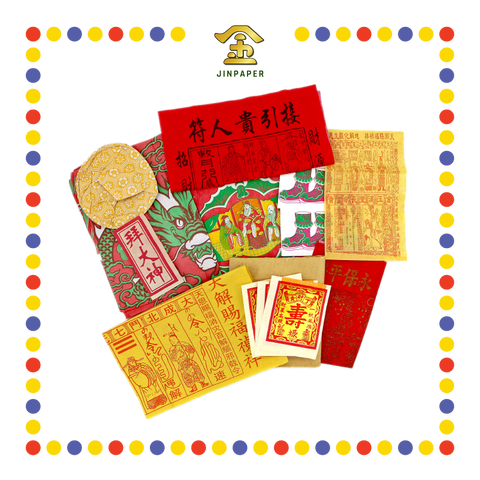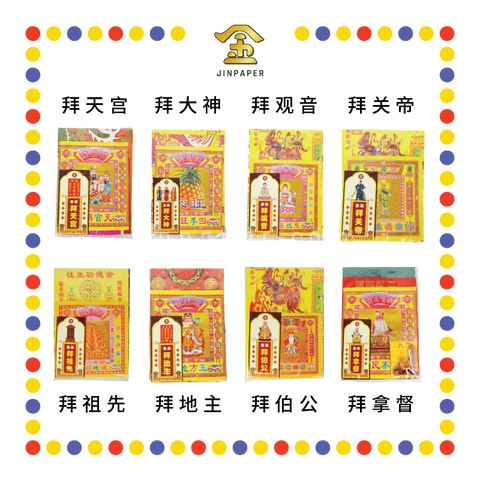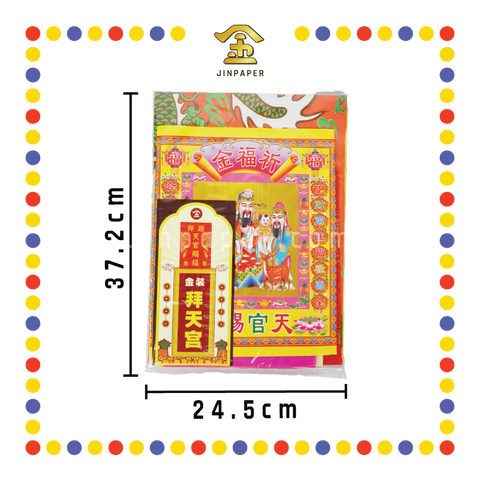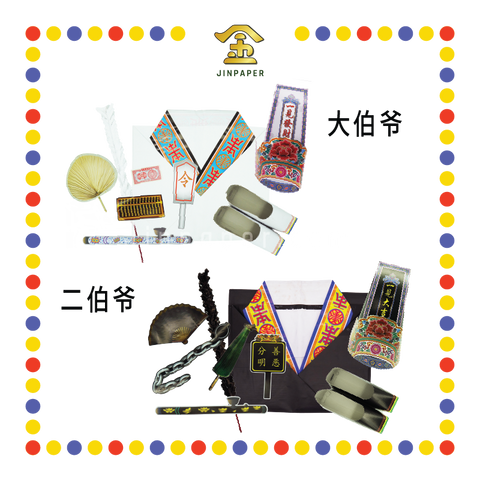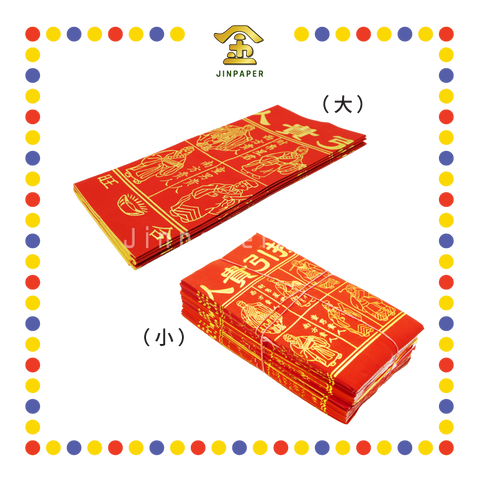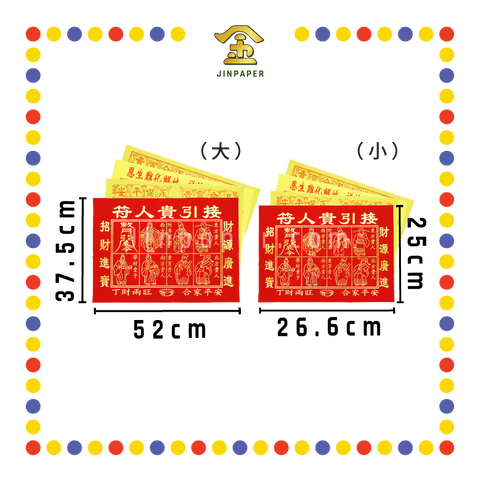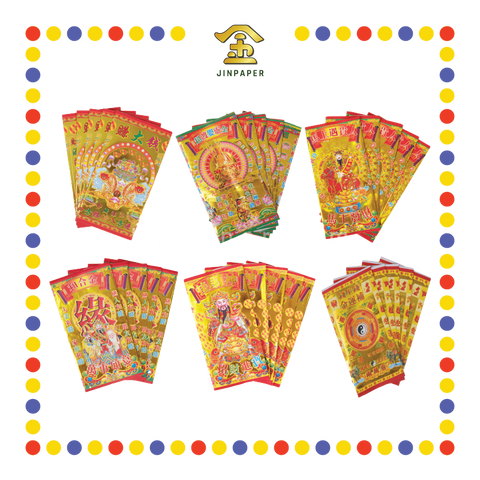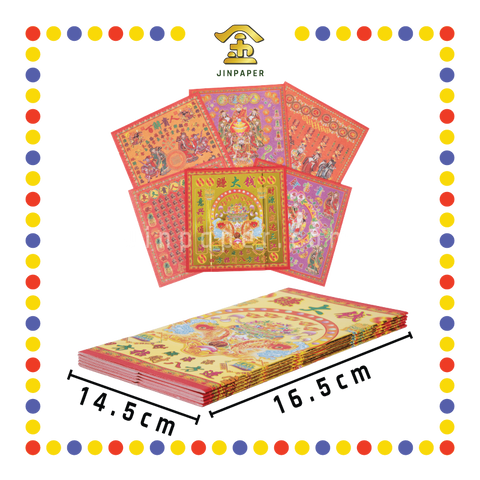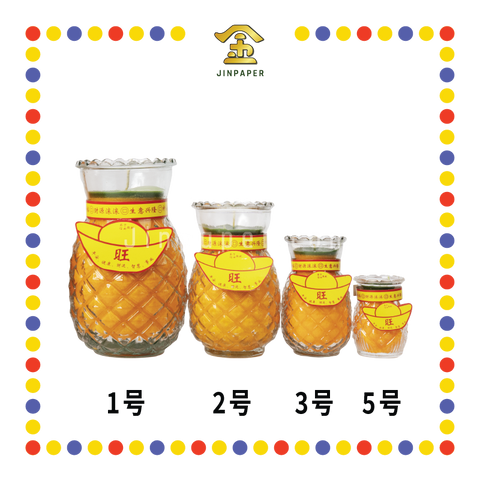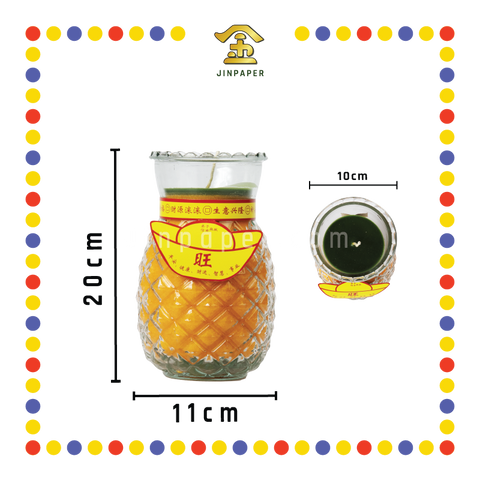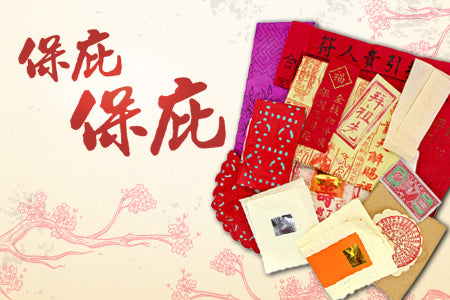Qixi Festival - Traditions, Events & Legends: A Complete Information
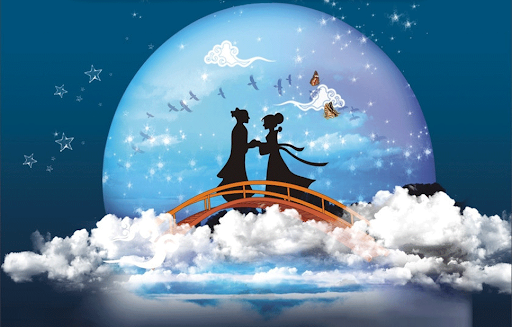
Qixi Festival - Traditions, Events & Legends: A Complete Information
Don’t we all adore a good love story? Well, as far as the Qixi Festival goes, here’s a tale of romance, and perhaps tragedy, that one can say was ‘actually written in the stars’.
Qixi, or sometimes known as Chinese Valentine’s day, dates back 2000 years, and tells the story of Niulang the oxherd, and Zhinü the weaver girl, how they fell in love with one another, their forced separation at the hands of the Heavenly Goddess, and ultimately, their promise to be reunited for one day each year on the seventh day of the seventh month.
The Qixi Festival goes by many names, most notably Chinese Valentine’s day, but also Double Seventh Festival, the Night of Sevens, as well as the Magpie Festival.
History of Qixi Festival
The origin of Qixi extends back to the time of the Han dynasty in Chinese history, some 2000 years ago. The story is centered around an oxherd by the name of Niulang and a weaver girl called Zhinü. These two are later symbolized by the constellations of Altair and Vega respectively.

Niulang and Zhinü reunite in the night sky on Qixi. Source: JinPaper
The story begins with our male protagonist, Niulang, a humble but kind-hearted oxherd, who was kicked out from his brother’s house, after being subjected to constant abuse by his sister-in-law, and was left with nothing but an old ox to take with him. Little did anyone know that the old ox was actually a former deity who was demoted because it had violated the laws of Heaven. Niulang saved the old ox when it fell sick, and as a show of gratitude, it told him of Zhinü’s eventual visit to the mortal realm and promised its aid in getting him acquainted with her.
Just as the old ox had foretold, Zhinü, having grown bored of Heaven’s rigidity, decided to find some excitement in the mortal realm. With the old ox’s help, it wasn’t long before she and Niulang grew close and fell in love with each other. The couple lived happily together, and even got married and had two children.
However, their happiness was doomed to be short-lived, as the Heavenly Goddess - aka. Zhinü’s mother - was infuriated when she found out that her daughter had married a mere mortal. In her rage, she commanded the celestial soldiers to take Zhinü back to Heaven by force. Seeing Niulang dismayed by the loss of his wife, the old ox decided to assist him one last time. It told Niulang to kill it and don its hide so that he may ascend to Heaven. Niulang did reluctantly as instructed, then went off to Heaven with his two children.
But alas, right before the family could be reunited, the Heavenly Goddess drew a line across Niulang’s path with her hairpin, creating a great river in the sky which we know as the Milky Way.
Heartbroken, the family wept. Their love touched the hearts of all the magpies, who flew into Heaven and created a bridge across the river - one we see in the form of Deneb - so that the family may be reunited. The Heavenly Goddess was similarly moved by this act, and thus permitted the family to come together atop the magpie bridge that day, and only that day, every year.
Why do the Chinese celebrate the Qixi Festival?
Traditionally, Qixi celebrations took on a more formal role; young women would visit temples to worship Zhinü, praying for wisdom and dexterity in needlework, as well as make wishes to meet a kind and loving husband.
Newly-wedded couples would also make a final visit to the celestial lovers and bid farewell to them (辭仙). This was seen as a ritual in order to have a happy marriage, and often meant that the bride was treated well by her new family.
These days, Qixi isn’t really celebrated in any official capacity, but like regular Valentine’s day, it is a day for couples to commemorate their love for one another. Lovers would bear gifts such as chocolate, flowers and presents to their significant other, and romantic dates such as dinners and movies between couples are commonplace.
Really, it is up to the individual how they wish to celebrate Qixi, but make no mistake of its significance to the common populace, as evidenced by the massive sales campaigns across many different businesses - from flowers to jewelry to hotel stays - that run with this theme.
When do the Chinese celebrate Qixi?
Qixi, as described in the name 七夕, is celebrated on the seventh day of the seventh month on the Chinese lunisolar calendar. By Gregorian calendar standards, the date can fall anywhere between July 28 to August 28 for any given year.
According to legend, this was when Niulang and Zhinü were forever separated by the Heavenly Goddess and subsequently reunited for one day atop the bridge of magpies. And as such, this day is commemorated as a symbol of the divine couple’s everlasting love for another.
How do the Chinese celebrate Qixi?
The customs when it comes to Qixi were vastly different in the past from how it’s celebrated now. Traditionally, women would dress up in Hanfu - a long flowing dress with an open sleeve and fastened at the waist with a silk belt - and prepare an assortment of food offerings such as tea, wine and flowers in prayer to Zhinü, hoping to be blessed with wisdom and good fortune in meeting a potential spouse. Some women would also pray in the hopes of receiving a child in the family.
It is also during this day that women would put their threading skills to the ultimate test, as competitions are often held at night between women to see which one of them were most dextrous with the needle in conditions with minimal light.

Qiaoguo - the quintessential Chinese pastry during Qixi. Source: JinPaper
As far as eating practices go, there tends to be some variation between different regions, but all commonly partake in a pastry called Qiaoguo - a fried pastry made from flour and other ingredients such as honey, sesame, peanuts, kernels and roses. The custom of eating qiaoguo stems from the idea that doing so would not only help form the bridge for Niulang and Zhinü’s reunion - the Chinese character for ‘qiao’ or “巧” is phonetically similar to the character for bridge or “桥” - but in the creation of the bridge, their wishes would also be actualized and carried across to Heaven. Eating qiaoguo was fairly common up until a thousand years ago, prior to which people would often eat candies and fruits.
Apart from this, children would also hang wild flowers on the horns of oxen in honor of the old ox’s sacrifice. In addition, people would sometimes create massive bridges out of large joss sticks and adorn them with beautiful flowers. These bridges would then be burned during the night as a prayer ritual for happiness and good luck.
With the globalization of China and the influence of Western Valentine’s day, the Qixi Festival of today has done away with much of its former practices. The modern couple celebrates Qixi akin to the way Western Valentine’s day is observed - with gifts, flowers, chocolates, and just overall spending quality time with your lover. The romantic aspects of Niulang and Zhinü’s story are magnified, with few still seeing it in a religious context whereby the celestial couple is prayed to for wisdom, dexterity and fortune in love.
Throughout the ages, the Qixi Festival has been adapted into different locales; the Tanabata Festival in Japan, Chilseok Festival in Korea, and Thất Tịch Festival in Vietnam, telling the story of Niulang and Zhinü in their own way, but with many of the same elements as the original.
Conclusion
To this day, Chinese Valentine’s day is widely celebrated across China and different parts of Asia, including Malaysia, where couples commemorate through the giving of gifts and performing acts of appreciation to their partners. While it has lost much of its religious significance, the romance is still very much alive in the legend, and perhaps it is precisely because Niulang and Zhinü’s affection towards one another was so powerful that it endured through 2000 years of history and spanned across half the continent and beyond, managing to touch the hearts of not only the Heavenly Goddess in the story, but those of the common folk as well.
So make a mental note to cherish that special someone of yours this coming Qixi Festival, whether it be a small gesture of affection, or a gift, just to show you care deeply about them. And to all the singles out there, there is possibly no better time to shop as good deals abound, so take this chance to treat yourself, because you deserve it too!
As always, for all the latest info on Chinese traditional customs and rituals, check us out at JinPaper, Malaysia’s number one source for Chinese prayer supplies and services! And if there’s a topic you’d like us to talk about next, leave us a message in the comments below!
